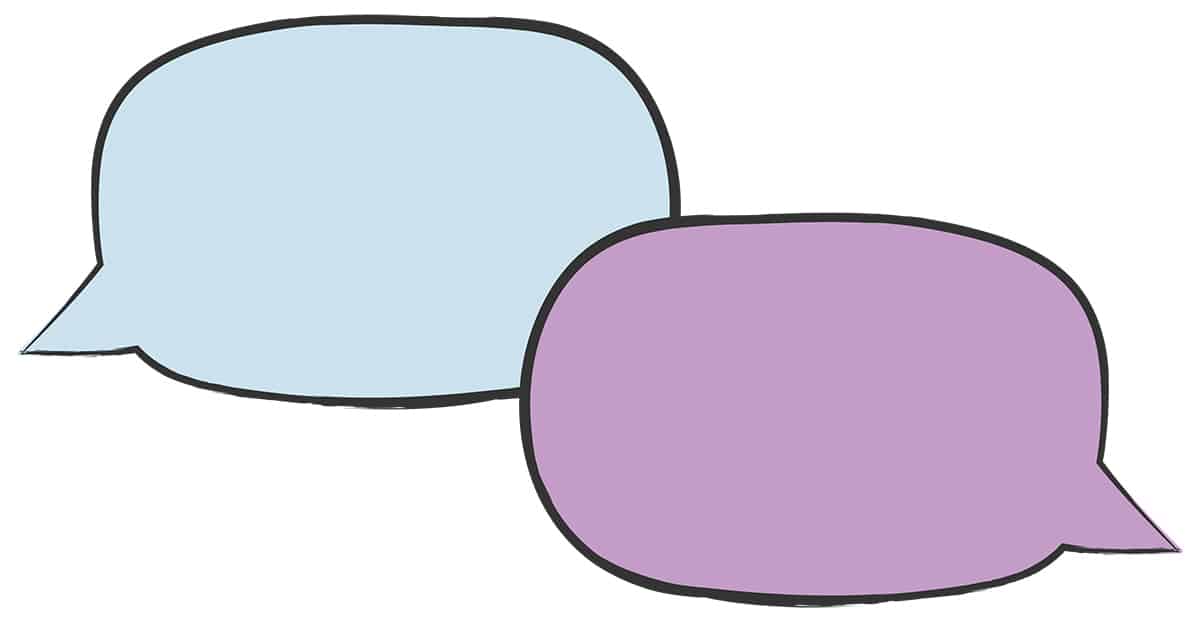The Macy Catheter from a Leader’s Perspective
Learn about the development of the Macy Catheter from the device’s inventor.



Some of the initial design features that needed improvement from the prototype were a non-clogging catheter lumen, medication port, medication delivery holes, easily readable markings, and an easy and effective way to grind oral tablets and make a suspension. This is where the engineers came in with knowledge on how to take an idea and make it into a reality.
Next, we found a trusted manufacturing partner in the United States to make our quality oversight easier. The manufacturer produced our first prototypes, and we did numerous tests on catheter strength, biocompatibility, and shelf life. We also conducted a usability study to ensure that lay-persons could safely and easily use the catheter in a home setting with minimal instruction.
Based on our findings, we made further changes to the catheter to improve usability and safety. Once the final product was complete, the FDA clearance was submitted. This was a long and challenging process. Once we received FDA clearance, we took the product commercially to our first trade show in 2014.



More patients are being cared for at home every day. Our stressed healthcare systems must adapt to these changes. The Macy Catheter enables easy and safe medication and fluid delivery in the home setting for patients who cannot take medication and fluids orally.
It is a better alternative in most instances than parenteral fluids and medications (intravenous or subcutaneous needles) because they are difficult and costly to provide and because they are associated with iatrogenic complications such as discomfort, infection, infiltration, clogging, and embolism.



When clinicians first hear about the Macy Catheter, they think about other procedures in the bowel such as colonoscopes or those large bowel management catheters that are uncomfortable for the patient.
But I invented the Macy Catheter with the goal of creating the most comfortable and least invasive way to continually administer medication rectally.



Most hospices are concerned about adopting technology that they see as an added expense. But hospices that use the Macy find it less expensive because they avoid the costs associated with ongoing severe symptom management.
These costs include long nursing visits spent chasing symptoms, repeated calls to managers, nurse triage challenges, IV pumps and medications, revocations, and costs related to transporting patients to inpatient facilities.
With the Macy Catheter, medication already at the bedside is used and even the most difficult symptoms are usually controlled within thirty minutes– allowing the nurse to move on to the next patient.



One of the primary attributes of an entrepreneur is the ability to work outside of one’s comfort zone. Not only do you take risks financially, but you have to be able to make mistakes and learn quickly. The development of written policies, procedures, education materials, PowerPoint training, grant writing, and research are just a few of the skills I have picked up.





Can the Macy Catheter impact your agency’s practice?




